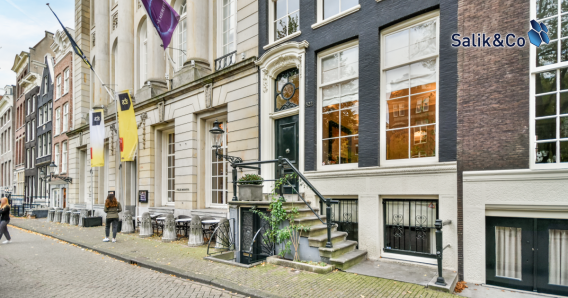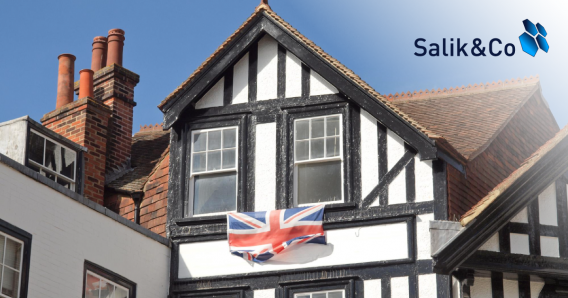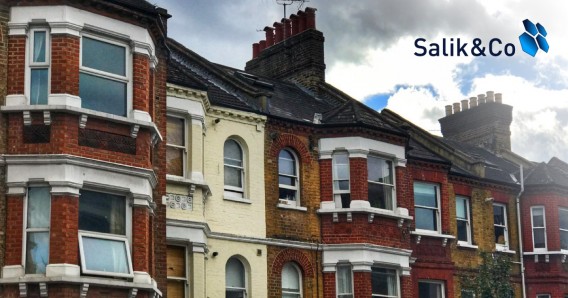Are you going to rent or purchase a property in East London? There really is no easy answer to this; nevertheless, it is a very important choice. Some renters appreciate their ability to move freely, but others choose homeownership because it offers them security.
East London offers diverse housing options, including contemporary riverside flats and charming Victorian terraces situated in bustling neighborhoods. House prices keep rising, and rental demand hits record highs as you evaluate which housing choice works better for you between renting and buying.
Why Renting in East London Might Be the Best Option
More Flexibility
If you are amongst the people who like to move around or want a more flexible life, you would be looking to avoid any long-term commitments to settling in one location. On the other hand, if you rent, you can move to any other area, whether for a job or adjusting to the growing need for a larger property. And renting lets you off the hook about worrying about being tied to any form of mortgage.
Lower Upfront Costs
The initial property purchase requires substantial savings for both a significant deposit and extra expenses, including stamp duty and solicitor fees. Renting requires only an initial deposit and one month’s rent payment, which makes it the best economic choice for short-term housing.
No Maintenance Costs
Landlords are obligated to handle maintenance issues in properties, including leaky taps and broken boilers. As a tenant, you can sidestep repair costs that typically become major financial strains for homeowners.
Access to Prime Locations
Investing in real estate within Canary Wharf, Shoreditch, or Hackney requires significant financial resources. Renting allows you to live in desirable locations without purchasing property.
Downsides of Renting
No Long-Term Investment
Renting grants flexibility while lacking the ability to generate long-term financial benefits. Your monthly rent payments contribute to your landlord’s earnings while you miss out on accruing home equity.
Rising Rent Costs
The East London rental market maintains its competitive edge as rental costs continue to rise without limit. Your rent will likely rise after your tenancy ends, while mortgage repayments stay unchanged.
Lack of Control
Renting means following a landlord’s rules. A landlord can change the rules anytime on how the tenants can have pets on the property or how they can decorate it. They can state these rules when establishing restrictions on the tenancy's length. If your landlord chooses to sell their property, you may need to find a new place to live sooner than anticipated. The landlord might decide to sell the property, meaning you will have to look for a place to live sooner than you thought.
Why Buying a Home in East London Might Be the Better Choice
Building Equity
Through every mortgage payment you complete, you advance one step closer to owning your valuable real estate asset. Property ownership allows your rent payments to become investments since properties generally appreciate in value as time passes.
Stability and Security
Buying a home protects you against sudden rent increases and eviction threats. Through complete property control, you have the freedom to decorate and renovate, creating a secure permanent home.
Potential Rental Income
You can generate income by renting out your property after you move. Investing in East London rental properties is wise because of their strong market demand.
Downsides of Buying
High Upfront Costs
The financial burden of buying a home stems from expenses such as deposits and stamp duty fees, alongside legal costs and mortgage setup charges, which make it difficult for many to afford ownership. The high costs involved in purchasing a home take years to save for many first-time buyers, which makes homeownership impossible for them.
Mortgage Commitments
Buying a home means you must make mortgage payments, which create a prolonged financial commitment. Selling and moving become more complex when personal life situations change, and these challenges do not exist when terminating rental agreements.
Maintenance Costs
Homeowners must manage repair and maintenance costs on their own. Homeowners' costs grow as they replace broken appliances and repair plumbing leaks.
Should You Choose to Buy a Home or Rent One in East London?
Whether you are going to buy a flat or rent it entirely depends on the situation of your finances, and also on your lifestyle. You also need to figure in your long-term goals. If you rent, you can have financial stability by not having to invest as much, and this option is best for you if you are not ready to commit to owning something in the long-term. On the other hand, if you buy a property, you are committing yourself to a long-term commitment, which will provide you with stability and growth benefits.
Seek advice from a local property professional to determine the best housing option that matches your personal goals.
FAQ
What is the optimal financial choice between buying and renting in East London?
It depends on your financial situation. Homeownership requires a significant upfront financial investment, even though mortgage payments can sometimes fall below rent payments. Renting for short periods generally incurs lower expenses compared to other housing solutions.
What areas in East London are considered the best options for renting flats?
The business atmosphere of Canary Wharf attracts professionals, while Hackney's artistic scene draws creatives, and Stratford stands out for its cost-effective housing options that include quality facilities.
What deposit amount is required to buy a flat in East London?
As a homebuyer, you would be expected to pay a minimum deposit of 5-10% of the property value, but if you can manage to pay higher deposits between 15-20%, you can get better interest rates.
Whether you will rent or buy, the choice ultimately depends on being able to find the best location that goes along with all your requirements. You can leverage a trusted local agent's expertise to review your options when you decide to advance your plans.






